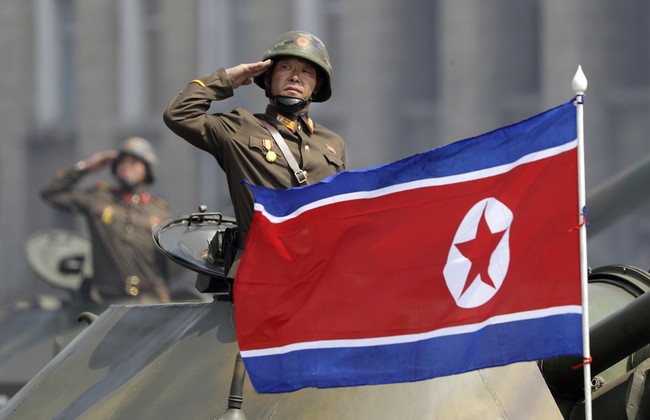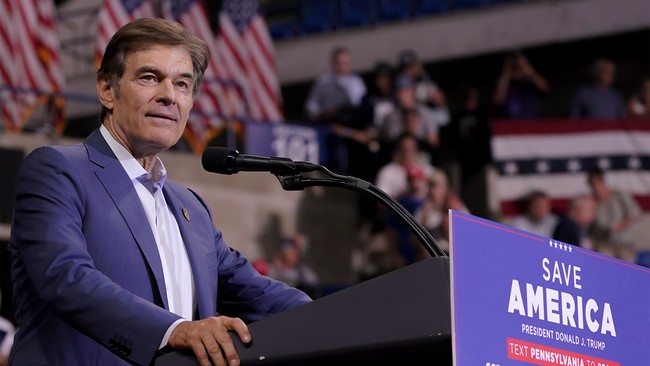North Korea's Military Moves Stir Global Concerns
Discover the strategic ramifications of North Korea's recent military deployments and technological advancements, raising tensions globally and impacting the dynamics of international relations.
Published November 20, 2024 - 00:11am

Image recovered from redstate.com
A wave of international concern is rising as North Korea intensifies its military involvement in global conflicts. Recent developments have seen approximately 11,000 North Korean troops being moved into Russia's Kursk region. This deployment marks a significant step in North Korea's increased military collaboration with Russia, especially in the context of the ongoing confrontation between Russia and Ukraine. The United States Department of Defense has pointed out the strategic implications of this movement, although it holds back from confirming their active engagement in combat within the Kursk region.
While the presence of these North Korean troops illuminates a broader geopolitical strategy, concerns are mounting over the potential knowledge and experience these soldiers could bring back to the Hermit Kingdom. The deployment also throws North Korea's military capabilities and ambitions under the international spotlight, revealing dynamics reminiscent of historical conflicts where countries utilized proxy battles to gain combat experience.
Simultaneously, North Korea's Supreme Leader, Kim Jong Un, has been vocal about the increasing military tension involving the United States, South Korea, and other forces perceived as adversarial. He has urged his military forces to prepare comprehensively for potential conflicts, focusing on enhancing military power and readiness. Kim's statements underscore a deliberate outreach to strengthen military resolve amidst growing international pressure and isolation.
Further heightening global anxiety is North Korea's push for a mass production of advanced military technology, particularly kamikaze drones. This pursuit is seen as a parallel move to North Korea's troop deployments, providing tactical support to Russian forces. The leadership in Pyongyang links this development to ensuring a robust defense capability, emphasizing the strategic significance of drones in modern warfare.
Moreover, North Korea's recent agreement on a defense pact with Russia underlines a mutual militaristic commitment, symbolizing a deepened alliance amid escalating tensions. These actions not only signify a reinforcement of their military ties but also serve as a stark reminder of the delicate balance of power in international politics, with Pyongyang and Moscow's cooperation reflecting broader geopolitical shifts.
The response from the international community ranges from strategic calculations to diplomatic challenges. Geopolitical analysts are observing these developments with keen interest, understanding that such military posturing by North Korea could have far-reaching implications on regional and global stability. It draws attention to the necessity of diplomatic strategies that accommodate the complex web of alliances forming around these tensions.
In conclusion, the involvement of North Korean forces alongside Russia and the rapid advancement in military technologies spotlight the unpredictable nature of today's global political landscape. These maneuvers not only fortify North Korea's defense aspirations but also set the stage for a continued realignment of military alliances, necessitating careful monitoring and nuanced diplomatic engagements to prevent further escalation.







